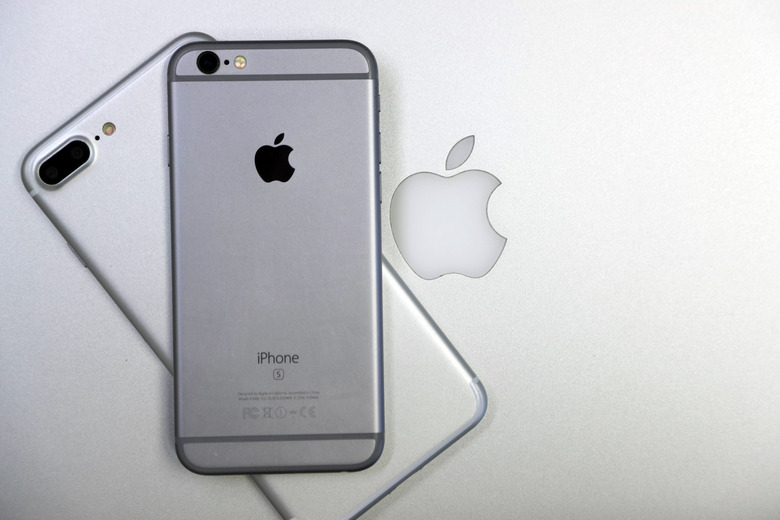Apple's iPhone Slowdown Mess Spawned 59 Class-Action Lawsuits
Remember Apple's decision to slow down iPhones with older batteries? The move was meant to prevent unexpected shutdowns, an issue that affected a significant number of iPhones in the fall of 2016. When Apple fixed the matter in early 2017, it wasn't exactly forthcoming about what that fix entailed.
It was only in late November that iPhone users discovered that iOS would slow down iPhones with old batteries, significantly reducing their performance. Since December, Apple has been apologizing to customers and introducing new programs to help affected users.
However, that didn't stop iPhone owners from suing the company. No fewer than 59 separate lawsuits were filed since December, The Wall Street Journal reports.
A legal meeting in Atlanta is scheduled for March 29th, as the lawsuits are seeking class-action status. All 59 cases may be combined into a single case. Lawyers may select a lead attorney for the case and a court location, The Journal explains.
Experts say that the number of cases against Apple is unusual. It's almost triple the number of suits filed in 2010 over the iPhone 4's "Antennagate" scandal. Back then, Apple settled the case, offering iPhone 4 owners either $15 in cash or a free case — that settlement cost Apple $315 million according to estimates.
Legal experts think that plaintiffs face an uphill battle in this particular case, as Apple has done enough since acknowledging the issue. Apple lowered the cost of battery replacements for a year and introduced new battery settings in iOS that would allow users to prevent speed throttling.
Even so, Apple might not want afford to spend years defending against plaintiffs. The company may be forced to disclose sensitive information about its products in case the lawsuit goes to trial, and the iPhone would get more bad publicity.
Apple has been arguing for months now that it hasn't been slowing down iPhones to force users to upgrade to a newer model. Some of the suits allege that Apple's throttling feature does precisely that.
This year alone, the iPhone slowdown fiasco is estimated to cost $10.29 billion in revenue, as more iPhone users will go for battery replacements rather than new iPhones.
